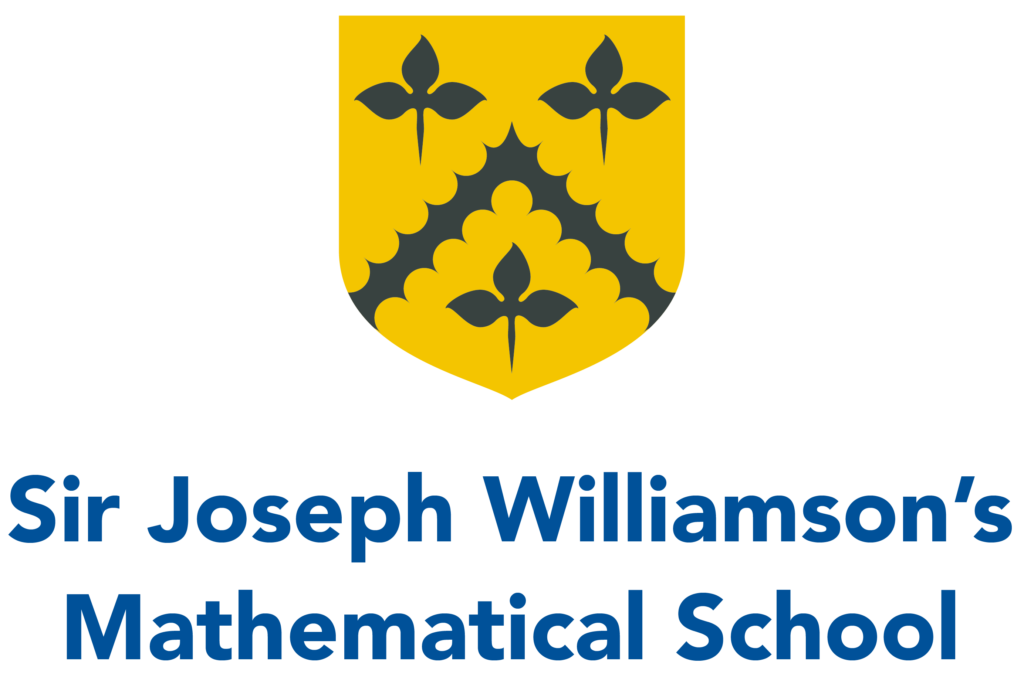Intent
The intent of the school’s curriculum is to ensure that all pupils are able to amass a sufficiently wide and extensive set of knowledge and skills so that they are suitably prepared both for the next steps of their education and to participate fully in the world in which they live. Pupils will establish a full range of skills and knowledge both of the academic core, Ebacc subjects and also artistic elements of the curriculum by studying the full range of subjects in years 7 to 9 before specializing for their GCSE courses, whilst still undertaking the Ebacc. The school’s curriculum is unashamedly academic as befits the pupils we teach and the intent of the curriculum is to prepare every pupil to access and then successfully achieve the Ebacc and then to be able to go on to access the next stage of their education and their lives according to their choosing. The school is selective but operates in an area of modest Primary attainment when compared to national.
The taught curriculum is augmented by a very significant array of co-curricular activities which not only build character and resilience but also support the personal development of all pupils. As such pupils have the opportunity to be involved in a wide array of House events, sports clubs and fixtures, musical and dramatic tuition as well as a huge variety of trips and visits. The school also has a very high participation in the Duke of Edinburgh’s Award at all levels. These opportunities ensure that pupils, as well as achieving academic excellence, also have an opportunity to develop themselves in every sense of the expression. They also ensure students have a wide and deep cultural capital and awareness of the world that they live in.
Implementation
Pupils study a full range of subjects at Key Stage 3 which includes Year 9. Two languages are taught from Year 7 and alongside the Core all pupils study History, Geography, Computing, Drama, Art, DT (including Food Tech), Music, Life Skills including RS and PE. At Key Stage 4 99% of pupils enter the Ebacc and all pupils cover the full Computing curriculum. Pupils continue to study Life Skills including RS, study PE and where appropriate undertake qualifications to extend them further, for example Further Maths GCSE for the top performing Mathematicians. At Key Stage 5 pupils study 3 or 4 A levels and have the option to study the EPQ. In addition they continue to get a Life Skills provision through specialist teaching, tutorials, have weekly PE and have the option of Music or Drama Academy, options which are not examined but support the personal development and Artistic attributes of the pupils involved. They continue to receive RE through Life Skills lessons, themed days and through the tutorial programme.
Both between and within these subject areas teaching is carefully sequenced to build appropriate layers and structures of knowledge and skill so that pupils are able to retain and utilise their learning. Whilst there is no prescribed model of teaching, teachers explain clearly, support independence through worked examples, are experts in their fields and assess regularly, providing feedback on how to improve through a variety of mechanisms. Knowledge and Skills are transferred to pupils’ long term memories, through the activities undertaken, through the over-learning that takes place and through the structures and sequencing of learning over time. The school structures of internal exams ensure pupils have to regularly retrieve information learned and this is also achieved through smaller, more frequent retrieval tasks. Subjects have clear end points identified in their own curriculum statements and through their schemes of work.
The curriculum intent is also implemented through the creation of a culture where learning, working hard and succeeding is viewed positively by the pupil body and by enabling pupils to participate in a wide and varied co-curricular offer. All pupils have the opportunity to experience Music, Art, Drama and Sport as well as participate in varied trip and visits and personal development opportunities. This combined with an effective Careers programme ensures all students are able to go onto the next steps in their lives, careers and education.
Impact
The impact of the curriculum will be seen through pupils amassing an extensive body of both knowledge and skills which enable them to access the next steps in both their education and lives. This is evidenced through outcomes in public examinations, the progress they make against the gains made by previous year groups in lower years, through access to the next steps in their education for Year 11 and through destinations measures for Year 13. The proportion of pupils achieving the Ebacc at grade 5 will be an important measure of the impact of the curriculum as will the proportion of pupils going on to University or Higher Level Apprenticeships. In 2022 the school was in the top 50 in the country for Progress 8, is in the top 2% of all schools by this measure and in the top 10% of outstanding schools nationally.
The impact of the curriculum is also seen through the proportion of pupils participating in sport, music and drama as well as the different aspects of the House competitions as well as numbers participating in the wide range of trips and visits. The pupils themselves would also indicate the impact of the curriculum through the way they approach their study, the way them comport themselves both in the school and in the community and also through their personal development.



